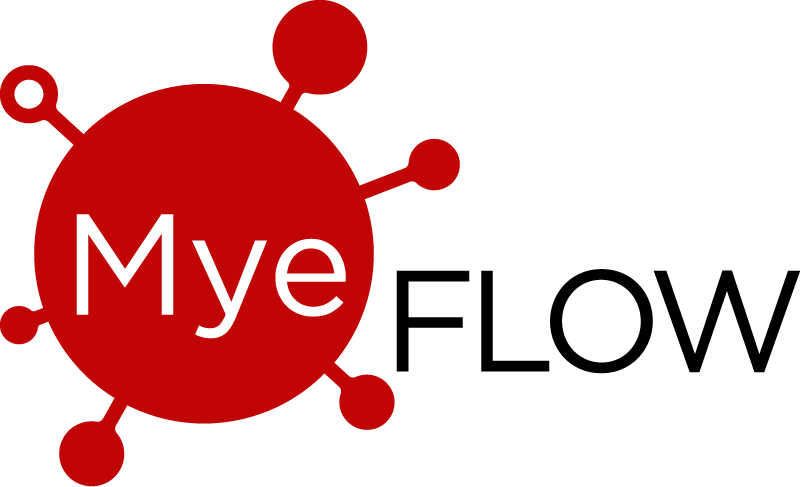
Evaluating different transformer architectures for cell classification in Flow Cytometry Data
Supervisor: Michael Reiter Background Flow Cytometry is a laser-based technique to measure antigen expression levels of blood cells. It is used in research as well as in daily clinical routines for immunophenotyping and for monitoring residual numbers of cancer cells during chemotherapy. One patient’s sample contains approximately 50-300k cells (also called events) with up to … Continue reading Evaluating different transformer architectures for cell classification in Flow Cytometry Data
